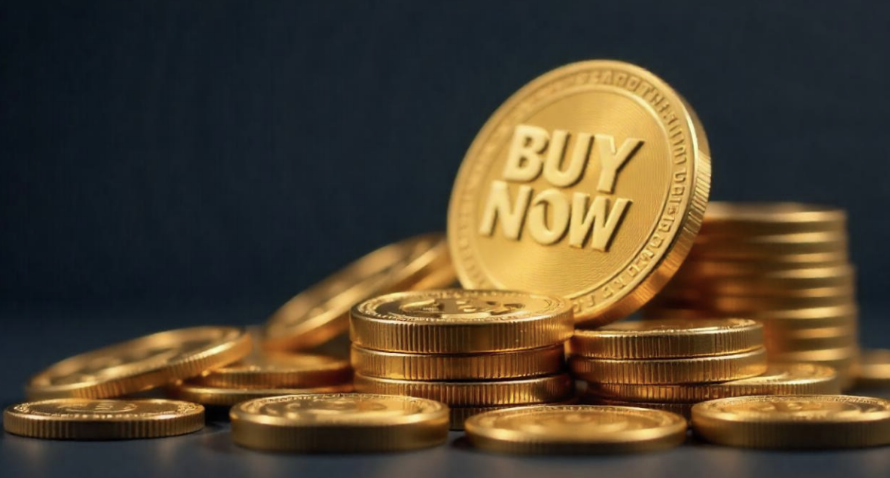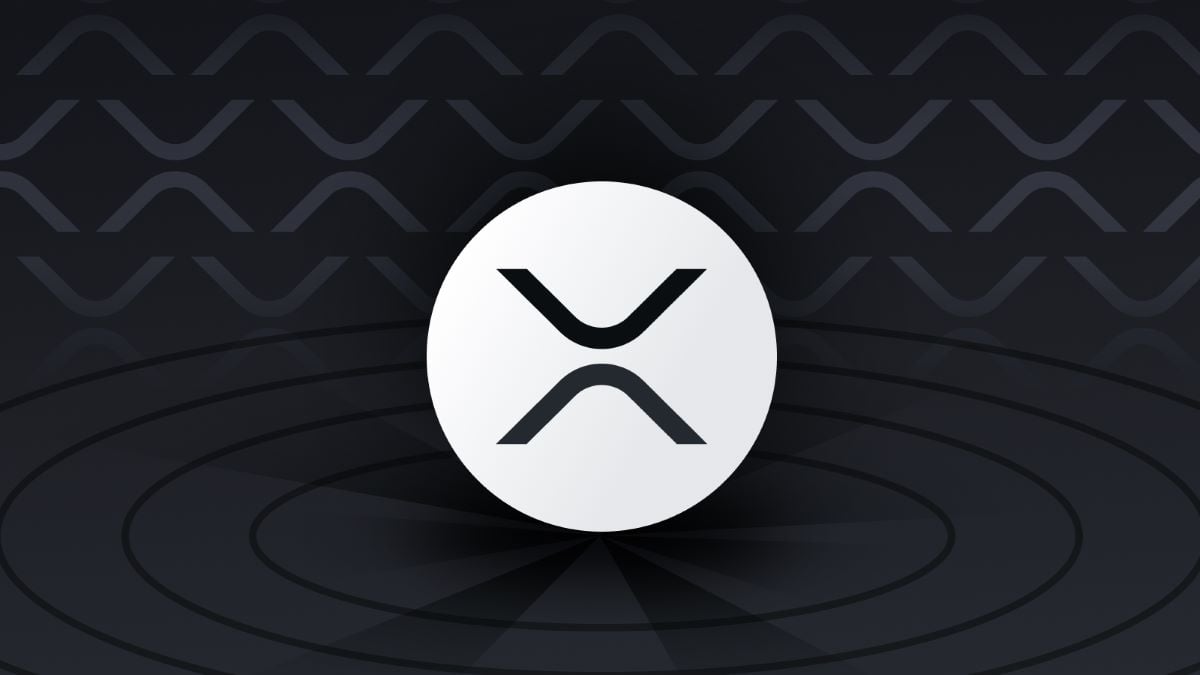Stay informed with free updates
Simply sign up to the UK inflation myFT Digest — delivered directly to your inbox.
Inflation has hit the UK’s 2 per cent target for the first time in three years, delivering a fillip to Prime Minister Rishi Sunak as he seeks to turn around his struggling election campaign.
The figure means consumer prices inflation dropped to 2 per cent ahead of the US and Eurozone, in a milestone following the worst inflationary upsurge in a generation. The Bank of England last hit its 2 per cent inflation target in July 2021.
The Office for National Statistics figure for CPI growth in May was in line with a forecast of economists polled by Reuters and down from April’s rate of 2.3 per cent.
However, the latest reading showed a smaller retreat in services inflation than economists had forecast. It dropped to 5.7 per cent in May, compared with 5.9 per cent previously. That left it above the 5.5 per cent rate predicted by analysts polled by Reuters.
Core inflation, which strips out food and energy, fell to 3.5 per cent in May 2024, down from 3.9 per cent in April but still at an elevated level.
Sterling rose 0.15 per cent to $1.2725 after the announcement.
“Headline inflation is at target, but the war on inflation isn’t won yet,” said Tomasz Wieladek, an economist at T Rowe Price. “The strong level of services inflation this morning suggests that inflation is not yet coming down in a sustainable fashion.”
Sunak, who called Britain’s July 4 election the day the April figures were published, has hailed the declining inflation rate as a sign that the UK economy has “turned a corner”. But his Conservatives remain about 20 points behind the opposition Labour party in the polls.
The BoE’s Monetary Policy Committee is due to set interest rates on Thursday, with analysts widely expecting it to keep the benchmark rate at its 16-year high of 5.25 per cent.
Investors on Wednesday lowered their bets on the first quarter-point BoE rate cut being delivered by August to one in three, from a 45 per cent chance immediately ahead of the inflation figure being published.
While the first rate cut remains fully priced by November, traders now place a probability of about 75 per cent that a second 0.25 percentage point BoE rate cut will be delivered this year, down from 95 per cent when markets closed on Tuesday.
The MPC has been closely watching developments in services inflation, a critical indicator of how strong domestic price pressures are as the global shocks that drove up import prices fade.
Senior BoE officials have suggested that if services inflation retreats in line with the central bank’s forecasts they should be in a position to cut rates this year. The MPC next meets in August following tomorrow’s interest rates announcement.
Credit: Source link














